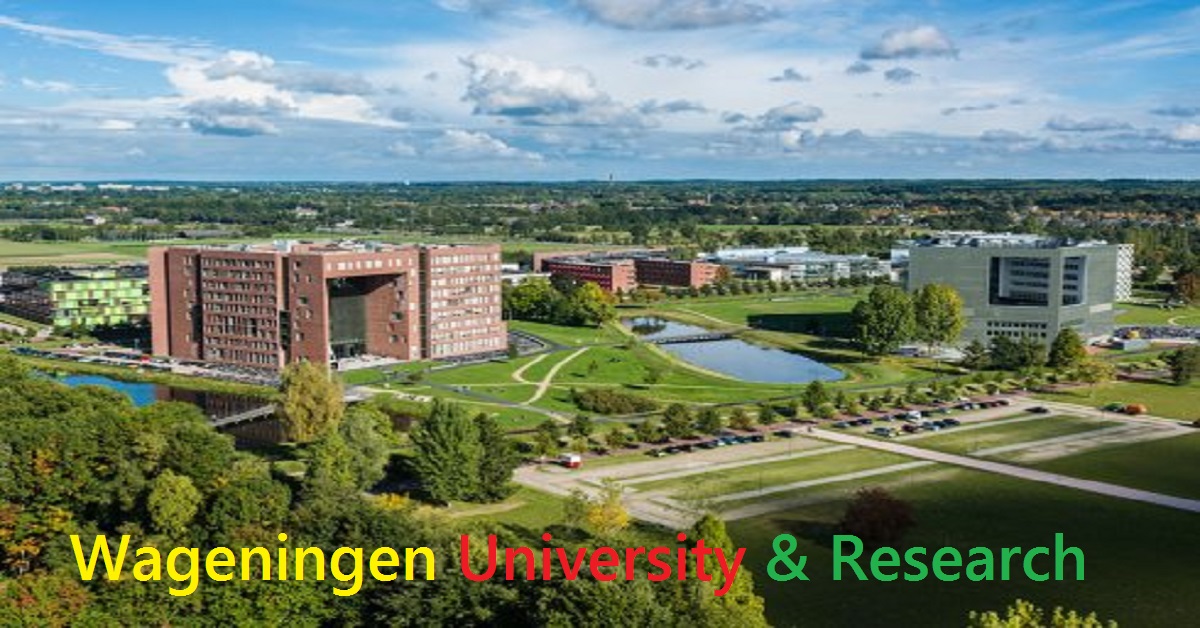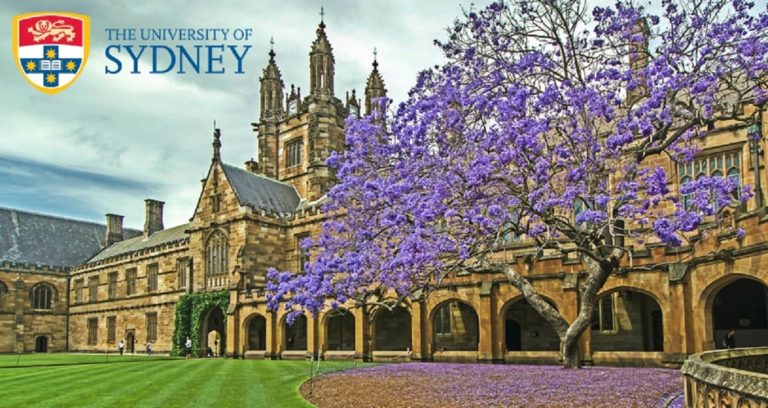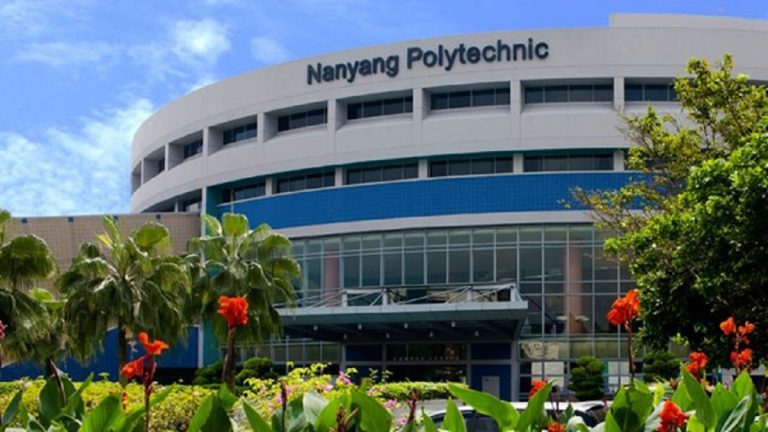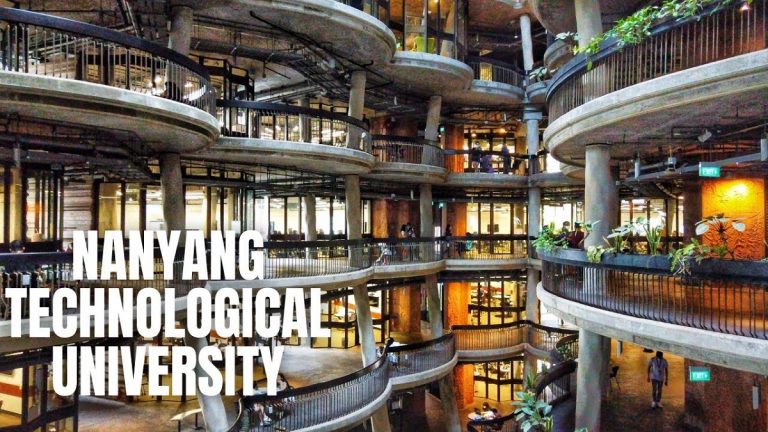
PhD on studying the aerodynamics of Dipteran insect flight will study the unsteady aerodynamics of Dipteran flight
Are you the enthusiastic, highly motivated and skilled PhD candidate who would like to study the aerodynamics of Dipteran insect flight, and apply your resulting knowledge to the development of bio-inspired robotic flyers? Then you might be the PhD-candidate we are looking for!
Dipteran insects are sophisticated two-winged flyers that include the annoying house fly, the elegant and highly-maneuverable hover fly, and the deadly malaria mosquito. These sophisticated flyers power their flight by flapping their wings at frequencies of up to 1000 wingbeats per second. This allows them to use a range of unsteady aerodynamic mechanisms for fluid force production, including leading-edge-vortices, rotational lift, added-mass, and the Wagner effect.
As a PhD candidate, you will study the unsteady aerodynamics of Dipteran flight, to answer how the aero-elastic flapping wing system of various Diptera species are optimized for flight efficiency and maneuverability. This will then provide both fundamental insights into the aerodynamics of rapidly oscillating wings, and bio-inspiration for the development of flying robots.
The study is part of an international Dipteran flight project, led by the Experimental Zoology Group at Wageningen UR, and in collaboration with international experts in biology, physics and engineering. At the Experimental Zoology Group, you will have access to dedicated insect flight wind tunnels with state-of-the-art camera systems to record 3D wingbeat kinematics in fee-flying insects. The Experimental Zoology Group also has an in-house computational cluster for modelling insect wing aerodynamics using Computational Fluid Dynamics (CFD). And we even have a freely-flying flapping-wing robot to test the applicability of your results in robotics. Facilities at our collaborators include robot-arms and a range of fluid visualization techniques to physically model insect wing aerodynamics.
We ask
For this interdisciplinary project, we are looking for a highly motivated and skilled PhD candidate with a recent university MSc degree (or equivalent) in engineering, (bio)physics or biology.
Specific requirements are:
- Strong analytical skills and innovative attitude;
- Good engineering and programming skills (e.g. Matlab/Python/CFD software);
- A clear affinity with the field of (bio)mechanics and/or fluid mechanics (experimental and/or computational);
- The candidate should be a team player with excellent communication skills;
- For this position your command of the English language is expected to be at C1 level.
We offer
Wageningen University & Research offers excellent terms of employment. A few highlights from our Collective Labour Agreement include:
- study leave and partially paid parental leave;
- working hours that can be discussed and arranged so that they allow for the best possible work-life balance;
- the option to accrue additional compensation / holiday hours by working more, up to 40 hours per week;
- there is a strong focus on vitality and you can make use of the sports facilities available on campus for a small fee;
- a fixed December bonus of 8.3%;
- excellent pension scheme.
In addition to these first-rate employee benefits, you will receive a fully funded PhD position and you will be offered a course program tailored to your needs and the research team.
The gross salary for the first year is € 2.443,- per month rising to € 3.122,- in the fourth year in according to the Collective Labour Agreements for Dutch Universities (CAO-NU) (scale P). This is based on a full-time working week of 38 hours. We offer a temporary contract for 18 months which will be extended for the duration of the project if you perform well.
There are plenty of options for personal initiative in a learning environment, and we provide excellent training opportunities. We are offering a unique position in an international environment with a pleasant and open working atmosphere.
You are going to work at the greenest and most innovative campus in Holland, and at a university that has been chosen as the “ Best University ” in the Netherlands for the 17th consecutive time.
Coming from abroad
Wageningen University & Research is the university and research centre for life sciences. The themes we deal with are relevant to everyone around the world and Wageningen, therefore, has a large international community and a lot to offer to international employees. Applicants from abroad moving to the Netherlands may qualify for a special tax relief, known as the 30% ruling. Our team of advisors on Dutch immigration procedures will help you with the visa application procedures for yourself and, if applicable, for your family.
Feeling welcome also has everything to do with being well informed. Wageningen University & Research’s International Community page contains practical information about what we can do to support international employees and students coming to Wageningen. Furthermore, we can assist you with any additional advice and information about helping your partner to find a job, housing, schooling, and other issues.
Equal opportunities
Wageningen University & Research (WUR) employs a large number of people with very different backgrounds and qualities, who inspire and motivate each other. We want every talent to feel at home in our organisation and be offered the same career opportunities. We therefore especially welcome applications from people who are underrepresented at WUR. For more information please go to our inclusivity page. A good example of how WUR deals with inclusiveness can be read on the page working at WUR with a functional impairment.
More information
Do you want more information?
For more information about this position, please contact Dr ir Florian T Muijres, associate professor, telephone +31 317 486977 or by e-mail [email protected]
For more information about the procedure, please contact Ine van ‘t Land, corporate recruiter by email [email protected]
Do you want to apply?
You can apply directly by uploading your CV and motivation letter, using the apply button on the vacancy page on our website which will allow us to process your personal information with your approval.
This vacancy will be listed up to and including July 1th 2022. We hope to schedule the first job interviews in August 2022.
Applications have to be submitted via the Wageningen UR online application system. Candidates are requested to upload the following information to the website:
- Letter of motivation
- CV, including GPA (Grade Point Average) or equivalent in your Bachelor and Master education
- Names and contact information for two references
We are
Wageningen University & Research
The mission of Wageningen University & Research is “To explore the potential of nature to improve the quality of life”. Under the banner Wageningen University & Research, Wageningen University and the specialised research institutes of the Wageningen Research Foundation have joined forces in contributing to finding solutions to important questions in the domain of healthy food and living environment.
With its roughly 30 branches, 6.800 employees and 12.900 students, Wageningen University & Research is one of the leading organisations in its domain. An integrated approach to problems and the cooperation between various disciplines are at the heart of Wageningen’s unique approach. WUR has been named the best university of the Netherlands by students for the 17th time in a row.
Read the 5 reasons why your future colleagues enjoy working at WUR and watch this video to get an idea of our green campus!
The Experimental Zoology Group
You will participate in a multidisciplinary international consortium, led by dr ir Florian Muijres from the Experimental Zoology Group at WUR. Our primary goal is to provide fundamental insights into the aerodynamics of rapidly oscillating wings, and to provide bio-inspiration for the development of flying robots. The consortium consists of an interdisciplinary team at the Experimental Zoology Group, and partners at the Laboratory of Entomology at WUR, Aerospace Engineering and Mechanical Engineering at TU Delft, the Natural History Museum at Paris, France, and Freiburg University, Germany.
The mission of the Experimental Zoology Group is to unravel the relationships between form and function in zoological systems in a developmental and evolutionary context. The group is world leading in studying the biomechanics and (bio)fluid dynamics of both fish swimming and insect flight. The project PI and direct supervisor dr ir Florian Muijres is an aerospace engineer with a PhD in biology and an expert on the aerodynamics of animal flight. Three publications from the group that are relevant for the project are:
- van Veen et al. (2022). The unsteady aerodynamics of insect wings with rotational stroke accelerations, a systematic numerical study. Journal of Fluid Mechanics, doi.org/10.1017/jfm.2022.31
- Le Roy et al. (2021). Adaptive evolution of flight in Morpho butterflies. Science, doi.org/10.1126/science.abh2620
- Karásek et al. (2018). A tailless aerial robotic flapper reveals that flies use torque coupling in rapid banked turns. Science, doi.org/10.1126/science.aat0350


